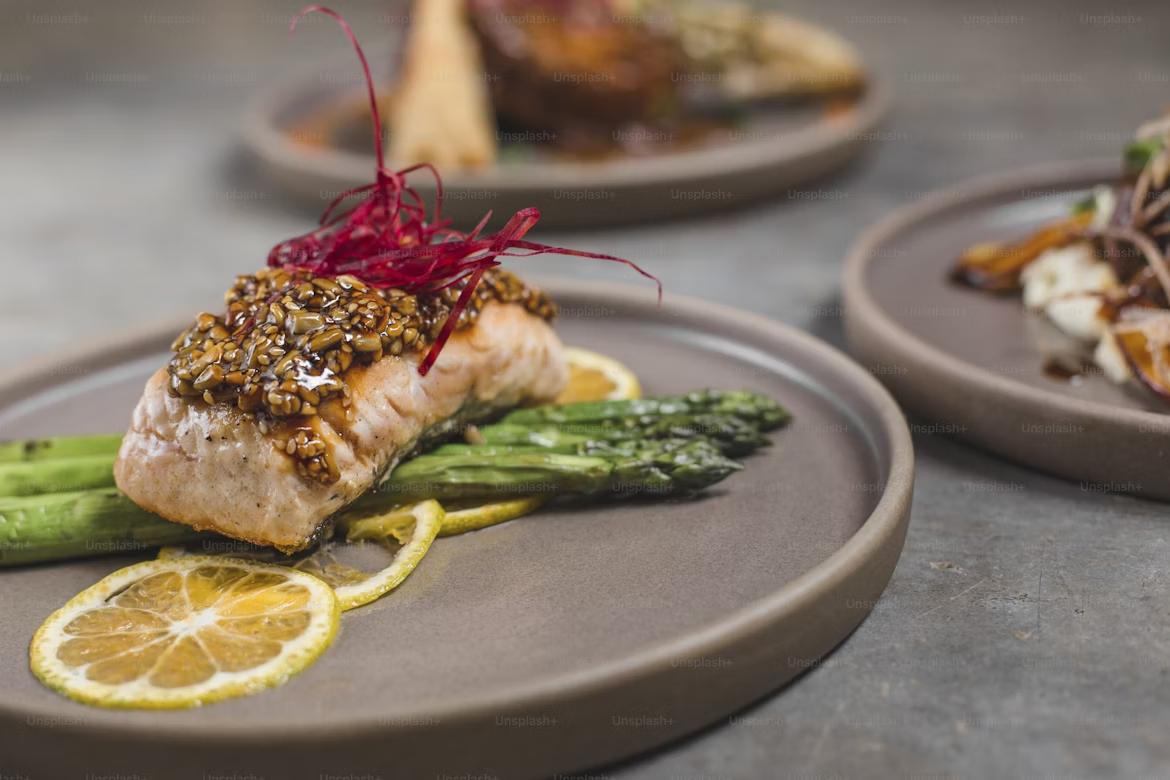
Low-Carb High-Fat for Athletes: Fueling Performance and Health
For athletes chasing peak performance, nutrition isn’t just about calories—it’s about the quality of your fuel. A low-carb high-fat (LCHF) approach has emerged as a powerful tool for endurance athletes who want steady energy, reduced inflammation, and improved body composition. By prioritizing nutrient‑dense fats such as avocado, nuts, seeds, and fatty fish, and reducing processed carbohydrates, athletes can train their bodies to burn fat more efficiently and avoid the bonk that often accompanies carb dependency.
Traditional sports nutrition preaches carbohydrate loading, but Why We Get Fat by Gary Taubes reveals how excessive carbs spike insulin and lock fat away, limiting access to stored energy. When athletes shift to an LCHF diet, insulin levels stabilize and the body taps into large fat reserves for fuel. Fat is a more efficient energy source—delivering more calories per gram—and burning fat generates fewer free radicals. That means less oxidative stress and quicker recovery between training sessions.
Performance gains aren’t just about fueling long runs. In Cancer as a Metabolic Disease, Thomas Seyfried explains how stable blood sugar and ketone production support healthy mitochondria and protect against metabolic disorders. Athletes who adopt LCHF often report better mental clarity and focus during competitions, fewer GI issues, and sustained power output. They become metabolically flexible, switching between fat and carbohydrate metabolism depending on the intensity of their sport.
It’s not a one‑size‑fits‑all plan. Sprinters and high‑intensity athletes may still require targeted carb intake to fuel explosive bursts. But endurance athletes—think marathoners, triathletes, and ultra‑runners—often thrive on a fat‑adapted metabolism. The key is to transition slowly: reduce processed grains and sugars, increase healthy fats, and let your body adapt over several weeks. Don’t skimp on electrolytes, hydration, or sleep, and listen to your body as it adapts.
Low-carb high-fat for athletes isn’t about eliminating carbs forever—it’s about timing them wisely and choosing nutrient‑dense sources like sweet potatoes, fruit, and quinoa when needed. With patience and consistency, LCHF can be the secret weapon that takes your training to the next level while supporting long‑term health.